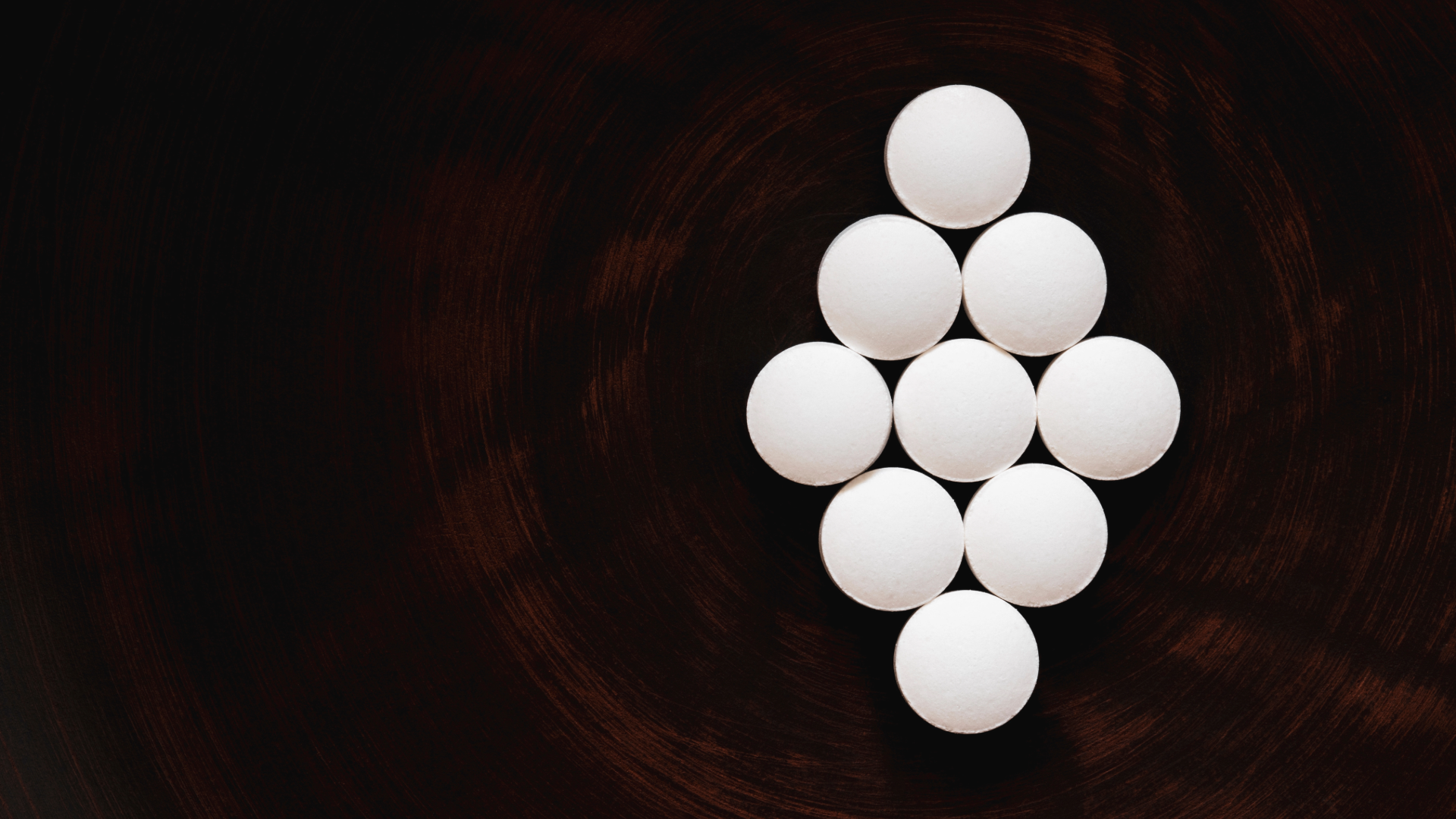Dehydroepiandrosterone (DHEA) is a steroid hormone produced by the adrenal glands and serves as a precursor to key sex hormones like testosterone and estrogen. It plays a critical role in balancing the stress hormone cortisol, regulating mood, and supporting overall well-being. When DHEA levels are low—often due to aging, chronic stress, or adrenal dysfunction—it can lead to an imbalance in the cortisol-to-DHEA ratio, contributing to fatigue, anxiety, and hormonal dysregulation.
DHEA supplementation has gained attention as a potential solution for balancing cortisol levels, reducing stress, and improving energy and resilience. This blog explores how DHEA works, its benefits, and the considerations for supplementation.
For related topics on hormonal health, check out:
- Cortisol and DHEA: Striking the Right Hormonal Balance for Better Stress Management
- Natural Ways to Lower Elevated Cortisol Levels: Strategies for Long-Term Balance
What is DHEA and How Does It Work?
DHEA Production and Function
DHEA is primarily produced in the adrenal glands but is also synthesized in smaller amounts by the brain and gonads. It serves as a precursor to testosterone and estrogen, supporting:
- Hormonal Balance:
- Maintains a healthy ratio of cortisol to DHEA, buffering the effects of stress.
- Mood Regulation:
- Promotes feelings of well-being and resilience.
- Immune Support:
- Enhances the body’s ability to fight infections and inflammation.
The Cortisol-to-DHEA Ratio
The balance between cortisol and DHEA is crucial for managing stress. While cortisol prepares the body for immediate challenges, DHEA facilitates recovery and prevents the harmful effects of chronic stress. When cortisol levels remain high and DHEA levels drop, symptoms such as fatigue, anxiety, and immune dysfunction emerge.
Why DHEA Levels Decline
Aging DHEA production peaks in your 20s and declines with age, often dropping by 50% or more by the time you reach your 40s or 50s. This natural decline contributes to age-related hormonal imbalances.
Chronic Stress Prolonged stress depletes adrenal reserves, reducing DHEA production while maintaining elevated cortisol levels.
Adrenal Dysfunction Conditions like adrenal fatigue or adrenal insufficiency impair the production of DHEA, exacerbating stress-related symptoms.
Lifestyle Factors
Poor diet, lack of exercise, and inadequate sleep can also lower DHEA levels, impacting overall hormonal health.
Benefits of DHEA Supplementation
Balances Cortisol Levels
DHEA helps counteract the effects of elevated cortisol by reducing inflammation, stabilizing blood sugar levels, and promoting recovery from stress.
Enhances Mood and Mental Clarity
Studies have shown that DHEA supplementation can improve symptoms of depression, enhance cognitive function, and promote emotional resilience.
Supports Hormonal Health
As a precursor to testosterone and estrogen, DHEA supplementation can restore hormonal balance, improving libido, energy levels, and muscle mass.
Boosts Immune Function
DHEA has been shown to enhance immune responses, helping the body fend off infections and chronic inflammation.
Improves Physical Performance
Supplementation can support muscle recovery and endurance, making it a popular choice among athletes and those engaging in regular strength training.
Who Can Benefit from DHEA Supplementation?
Individuals with Chronic Stress
Those experiencing persistent stress and fatigue may benefit from DHEA supplementation to restore the cortisol-to-DHEA balance.
People with Hormonal Imbalances
Low testosterone, estrogen, or adrenal dysfunction are often associated with low DHEA levels. Supplementation can help restore hormonal equilibrium.
Aging Adults
As DHEA naturally declines with age, supplementation may help mitigate age-related issues like reduced vitality, cognitive decline, and weakened immunity.
How to Use DHEA Supplementation Safely
Dosage
- The typical starting dose ranges from 10 to 25 mg per day, with adjustments based on individual needs and medical guidance.
- Higher doses, up to 50 mg per day, may be used for specific conditions but should always be supervised by a healthcare provider.
Testing Before Supplementation
- Blood Tests:
- Measure baseline DHEA-S (DHEA sulfate) levels to determine if supplementation is necessary.
- Cortisol Testing:
- Assess cortisol levels to evaluate the cortisol-to-DHEA ratio.
Duration of Use
- Short-term supplementation is generally safe, but long-term use should be monitored to avoid potential side effects like hormonal fluctuations or acne.
Potential Side Effects and Risks
While DHEA is generally well-tolerated, it may cause side effects in some individuals:
- Acne and Oily Skin:
- DHEA’s conversion to testosterone can stimulate oil glands.
- Hormonal Imbalances:
- Excessive doses may cause unwanted side effects like hair loss or mood swings.
- Interactions with Medications:
- DHEA may interact with hormone therapies, corticosteroids, or medications for diabetes or thyroid conditions.
Natural Ways to Boost DHEA Levels
Regular Exercise
Engaging in moderate physical activity, particularly strength training, has been shown to naturally increase DHEA levels.
Stress Management
Reducing chronic stress through mindfulness, meditation, or yoga supports adrenal health and DHEA production.
Healthy Diet
- Zinc and Magnesium:
- Essential minerals that support adrenal function and DHEA synthesis.
- Healthy Fats:
- Foods like avocados, nuts, and fatty fish provide the building blocks for hormone production.
Quality Sleep
Adequate sleep is essential for adrenal recovery and optimal hormone production, including DHEA.
When to Seek Medical Advice
If you suspect low DHEA levels, consult a healthcare provider for proper testing and guidance. Supplementation may be especially helpful for:
- Persistent fatigue, anxiety, or depression.
- Symptoms of adrenal dysfunction or hormonal imbalance.
- Age-related decline in energy, strength, or cognitive function.
For more on managing cortisol and DHEA naturally, explore:
- Cortisol and DHEA: Striking the Right Hormonal Balance for Better Stress Management
- Natural Ways to Lower Elevated Cortisol Levels: Strategies for Long-Term Balance
Conclusion
DHEA supplementation offers a promising solution for balancing cortisol levels, reducing stress, and improving overall hormonal health. However, it’s essential to approach supplementation thoughtfully, with proper testing and medical guidance. Combining DHEA with lifestyle changes like exercise, stress management, and a healthy diet can provide a holistic path to long-term well-being.
For further insights into hormonal health, explore:








